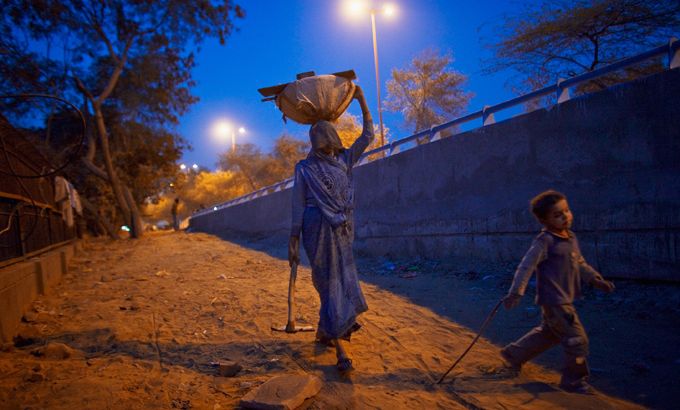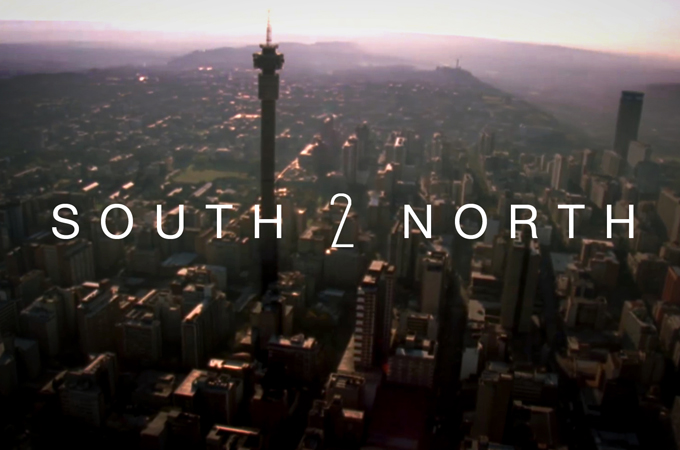
Why capitalism needs poverty
South2North asks if we will see the end of extreme poverty in our lifetime.
| No subject is off limits – Redi Tlhabi talks frankly to inspiring and intriguing personalities from across the world. |
We live in a world where extreme poverty is slowly being eradicated while wealth inequality increases.
This week on South2North Redi Tlhabi asks if we will see the end of extreme poverty in our lifetime.
She is joined by Ann Bernstein, the executive director of the Centre for Development and Enterprise; Goolam Ballim, chief economist of the Standard Bank Group; and Oscar Guardiola-Rivera, the author of What If Latin America Ruled The World?
Ballim argues that markets have aided in lifting communities out of poverty, even though inequality remains a reality.
“There are fewer people living in absolute poverty today than say 30 years ago. It’s still a very, very large number but nominally that figure is smaller .… While nominal poverty has declined, there generally has been a rise in inequality.”
He also argues that unemployment is a reality that the state must seek to bridge while business continues to work towards creating more jobs.
“It is likely we will have a section of society that will forever be excluded from the formal economy… those who are not appropriately skilled …. The current situation in Spain, in Greece, even here in the United Kingdom seems to demonstrate exactly that, that unemployment is going to stay with us for the long term. If that is so, it is necessary for the state to develop policies and institutions that will take care of the unemployed.”
Bernstein argues that inequality is a by-product of a growing economy that is lifting communities out of poverty.
“The gains of economic growth are increasingly going to those people who have education and the means to exploit the entrepreneurial opportunities. You’re going to get growing inequality in a growing society. This is inevitable. Some people are better equipped to take advantage of the opportunities of change than others. You have to be very realistic about this; you’re never going to have a society where there’s phenomenal equality.”
Guardiola-Rivera believes that poverty and inequality are political issues that can only be solved when the poor organise and come up with a solution to liberate themselves.
“[Poverty] starts with plunder; it is man-made; it is a political issue. Poverty is not a complex economic issue best left to so-called experts with alleged bullet-proof policy solutions. History in fact shows time and again that poverty begins to end the moment poor people organise themselves and act politically to better their situation.”
The group discusses China’s economy which has boomed inside of a socialist political organisation, as well the economic liberalisation of India.
South2North can be seen each week at the following times GMT: Friday: 1930; Saturday: 1430; Sunday: 0430; Monday: 0830. |
